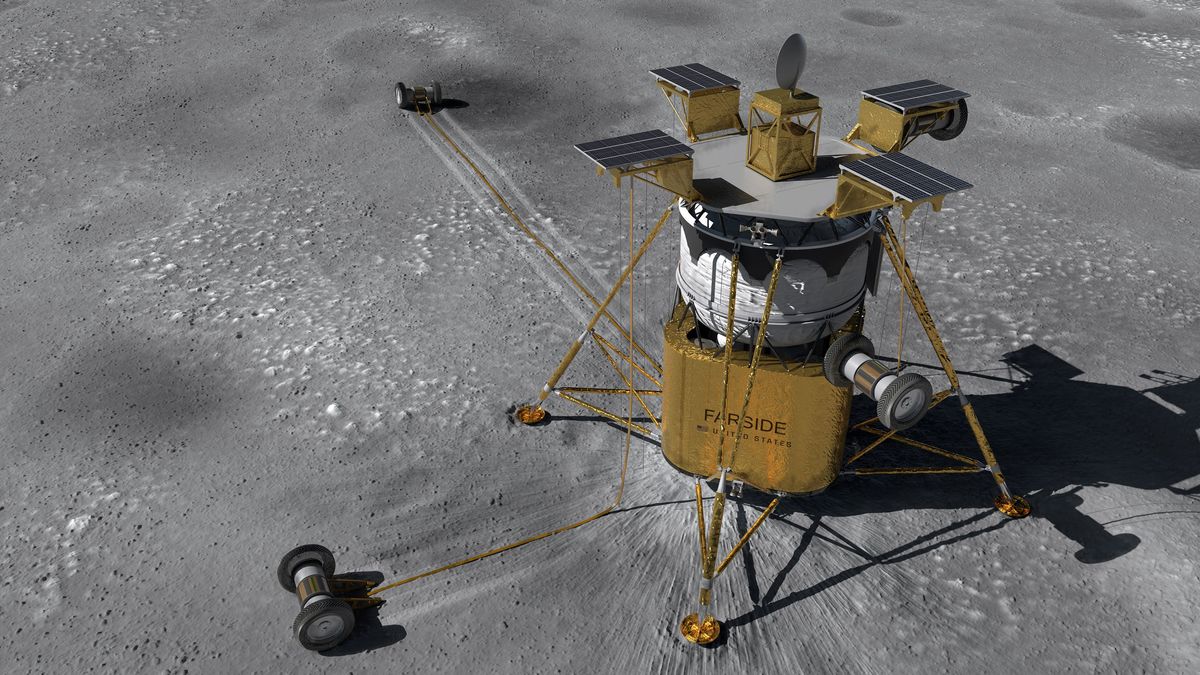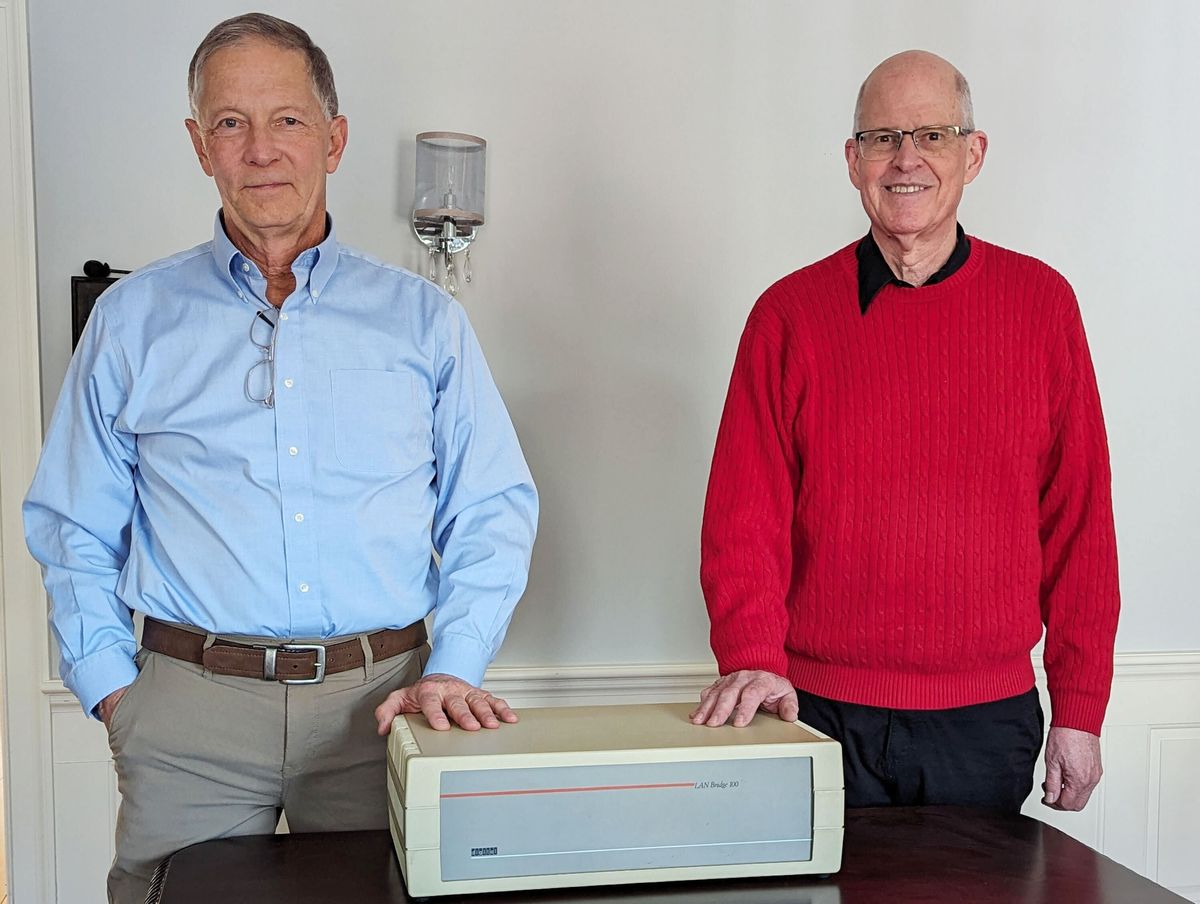When a driver hits the brakes, the cars following behind may not see the telltale red lights if driving around a bend or caught up in foggy weather conditions. The Ford Motor Company hopes to make the roads safer with a warning system that transmits a "brake light" alert to the dashboards of cars following behind.
The "Electronic Brake Light" proved it could allow drivers to brake earlier and avoid collisions—or at least reduce the severity of accidents—during a four-year research project concluded in Dec. 2012. Such technology represented just one of 20 possible car systems tested by Ford and presented as part of the Safe Intelligent Mobility—Testfield Germany (simTD) project, according to a press release on June 20.
A brake light warning of slowing traffic ahead could speed up reactions for drivers several cars behind a braking vehicle. The system could even help prevent deadly highway pileups involving many cars in bad weather, such as a 95-car pileup near the Virginia and North Carolina state lines on Mar. 31, 2013.
Ford engineers developed the system at the Ford European Research Centre in Aachen, Germany. Road tests took place with 500 test drivers in 120 vehicles near Frankfurt, Germany. Testing included more than 41 000 hours and 1.6 million kilometers on both public roads and a separate test track.
The smart car technology shows the advantages of having networked cars "talking" to one another on the roads, even if self-driving autonomous cars have not yet become widely available. Smarter cars may even communicate with traffic control systems to reduce or eliminate problems such as traffic congestion.
Specially-equipped Ford S-MAX models also helped test other smart car systems during the simTD project, including an "Obstacle Warning" system to watch out for road hazards and a "Traffic Sign Assistant" that communicated with traffic management centers for the latest information.
Ford's alert system may give drivers a heads up about the behavior of others, but researchers have also experimented with taking networked cars to another level of cooperative driving. Volvo participated in Europe's Safe Road Trains for the Environment (SARTRE) project that networked cars together into a follow-the-leader road train—another marker on the road toward taking driving decisions out of human hands.
Photo: ooyoo/iStockphoto
Jeremy Hsu has been working as a science and technology journalist in New York City since 2008. He has written on subjects as diverse as supercomputing and wearable electronics for IEEE Spectrum. When he’s not trying to wrap his head around the latest quantum computing news for Spectrum, he also contributes to a variety of publications such as Scientific American, Discover, Popular Science, and others. He is a graduate of New York University’s Science, Health & Environmental Reporting Program.



